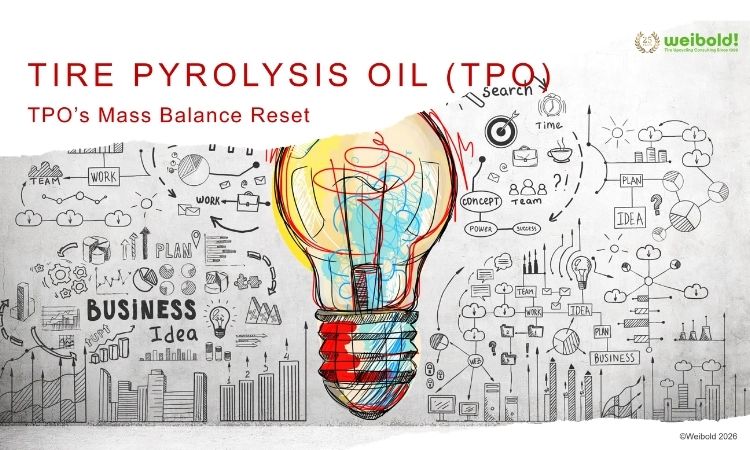ETRMA calls for dedicated rubber strategy in the EU’s Competitiveness Agenda
The "Competitiveness Compass for the EU" introduces the European Commission's new legislative approach to strengthen Europe's economy and ensure its industries remain globally competitive and productive by rebooting innovation.
The Compass addresses several key areas highlighted in ETRMA's Manifesto and key policy recommendations.
More effective regulation through simplification and coordination
The European tyre industry has long advocated reducing bureaucratic rules and regulations which deter investment. The Compass' focus on regulatory simplification is particularly encouraging, with commitments to cut reporting obligations by 25% for larger companies and by 35% for SMEs.
Proposals to introduce competitiveness checks for new legislation and to better assist companies in implementing EU regulations are steps in the right direction, but correct enforcement is also paramount.
However, previous Better Regulation initiatives did not curb the regulatory for the tyre industry burden nor necessarily lead to better policy-making.
Innovation, Decarbonisation and Security: Key Pillars for Competitiveness
Several announced initiatives promise to support the tyre industry:
- The tyre industry has heavily invested in boosting its circularity. The Circular Economy Act and potentially the Advanced Materials Act could help create a supportive legislative framework for circular business models, addressing long-standing industry – and recyclers - demands.
- The Apply AI strategy will aid industrial innovation. Nevertheless, access to in-vehicle data must be secured through sector-specific regulations to provide legal certainty for the tyre industry and aftermarket to increase consumer-centric solutions within the digital transition.
- High energy costs make it challenging for European manufacturers to compete with tyres produced outside of the EU. The Clean Industrial Deal and Affordable Energy Action Plan will be critical tests of the Commission's competitiveness ambitions.
- The revision of the Public Procurement Directive to introduce a European preference needs to recognise the tyre industry as a critical sector.
- The tyre industry ultimately depends on third countries for the natural rubber supply. The renewed focus on critical raw materials should include a dedicated Rubber Strategy, ensuring natural rubber's long-term recognition as essential to European industry resilience. Mobility as a Driver of Competitiveness
The crisis in the automotive sector is much deeper and broader than the current focus of the first Strategic Dialogue meeting and the planned focus on fuels in the future Sustainable Transportation Investment Plan. A holistic view of the entire industry's long-term challenges is needed.
The tyre sector plays a key role in vehicle performance, clean mobility, and could benefit from regulatory harmonisation. These role and needs must be reflected in the next steps of the dialogue and considered in the proposed EU Industrial Action Plan for automotive.
To read more, proceed to ETRMA's website.
Weibold is an international consulting company specializing exclusively in end-of-life tire recycling and pyrolysis. Since 1999, we have helped companies grow and build profitable businesses.









